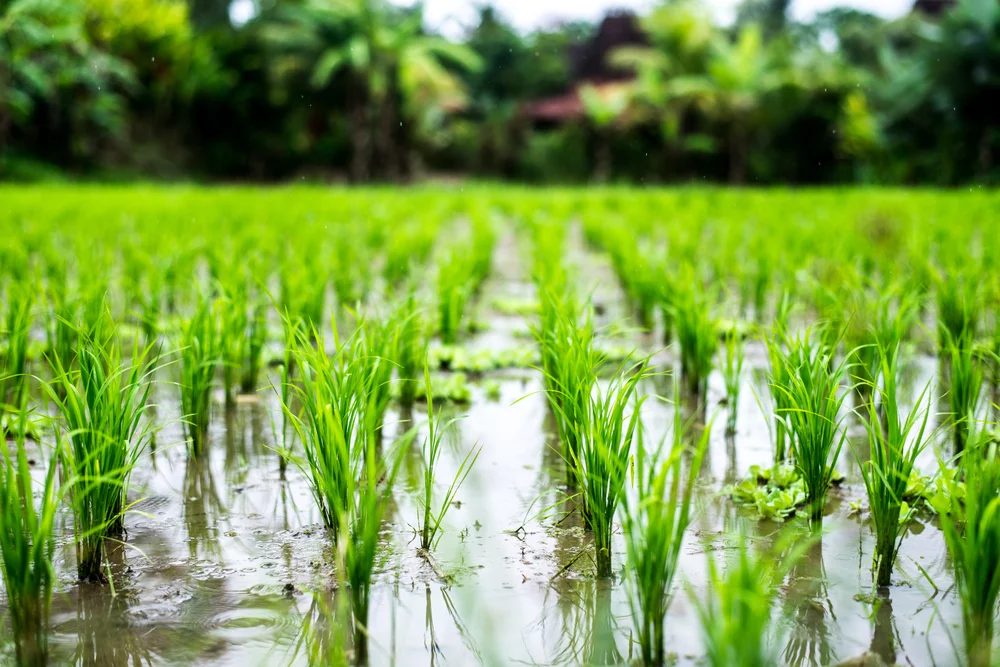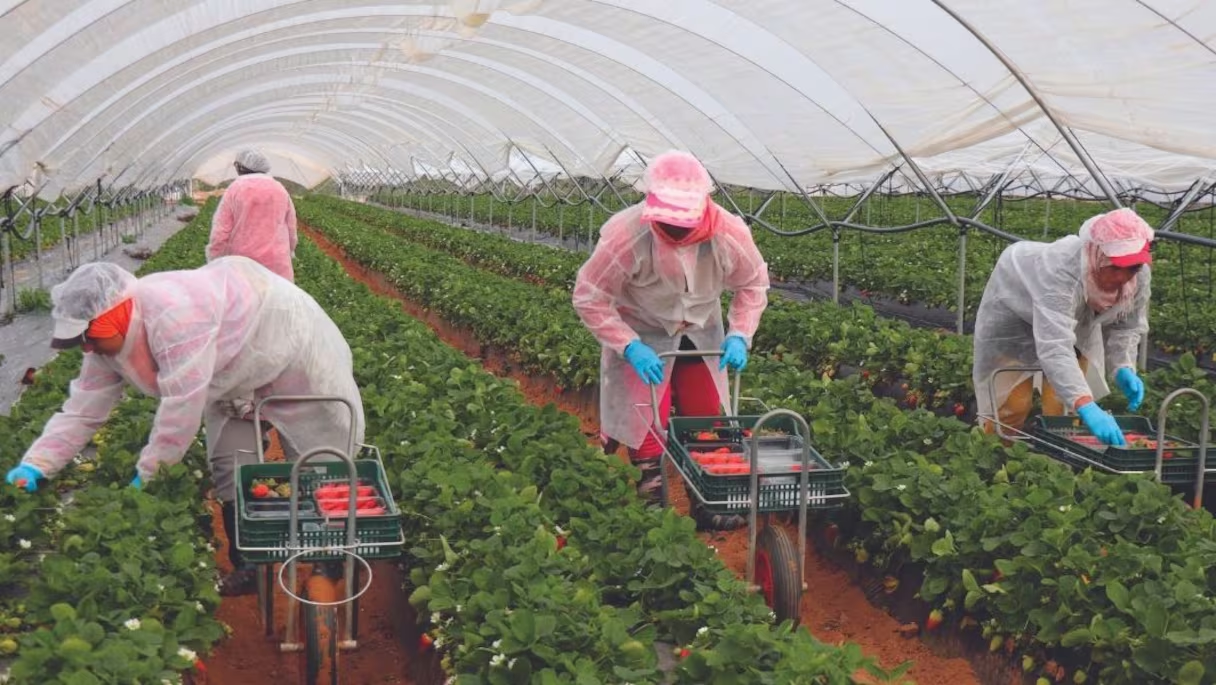Europe is seeking to replace imported Russian chemical fertilisers with by-products from local manure to reduce Moscow’s revenues, promote a circular economy, reduce its dependence on Moscow and save on its energy dependencies (the production of chemical fertilisers requires a lot of gas). The EU plans to approve the use of “Renure“, a fertiliser made from treated manure, to reduce costs and environmental impact. However, challenges remain, including nitrogen pollution and agricultural emissions, while some Member States and environmental groups are expressing concerns. “Renure“, a treated manure-based fertiliser, could reduce the cost of fertilisers in livestock regions by 5%.
The EU has restricted the use of raw manure due to nitrogen pollution, but plans to approve the “Renure” after pressure from the Netherlands. Agriculture accounts for more than 10% of the EU’s greenhouse gas emissions, which it plans to reduce by 40% by 2030. Some countries are considering measures such as the slaughter of livestock, while others prefer voluntary incentives. Environmental groups denounce a lack of ambition to reduce pesticides and fertilisers as water pollution worsens.




